Home - Blog
Beyond Cash Incentives, All Babies Supports Vaccine Availability at State and LGA Levels - SCCO
In November 2024, the All Babies program held a quarterly roundtable in Kano with State Cold Chain Officers and national representatives. Pharmacist Nafiu Abdullahi, then SCCO for Sokoto, shared insights on the meeting’s importance, data systems like Open LMIS, and the program’s impact in Sokoto, in an interview with our Communications Associate.
Why do you think this quarterly roundtable meeting is important?
Pharm. Nafiu: This roundtable meeting is very important because, frankly, New Incentives is the only organization I know that organizes this kind of engagement. There are many partners supporting immunization, but none that regularly bring Cold Chain Officers—both at the state and zonal levels—together with national-level stakeholders to directly discuss supply chain issues.
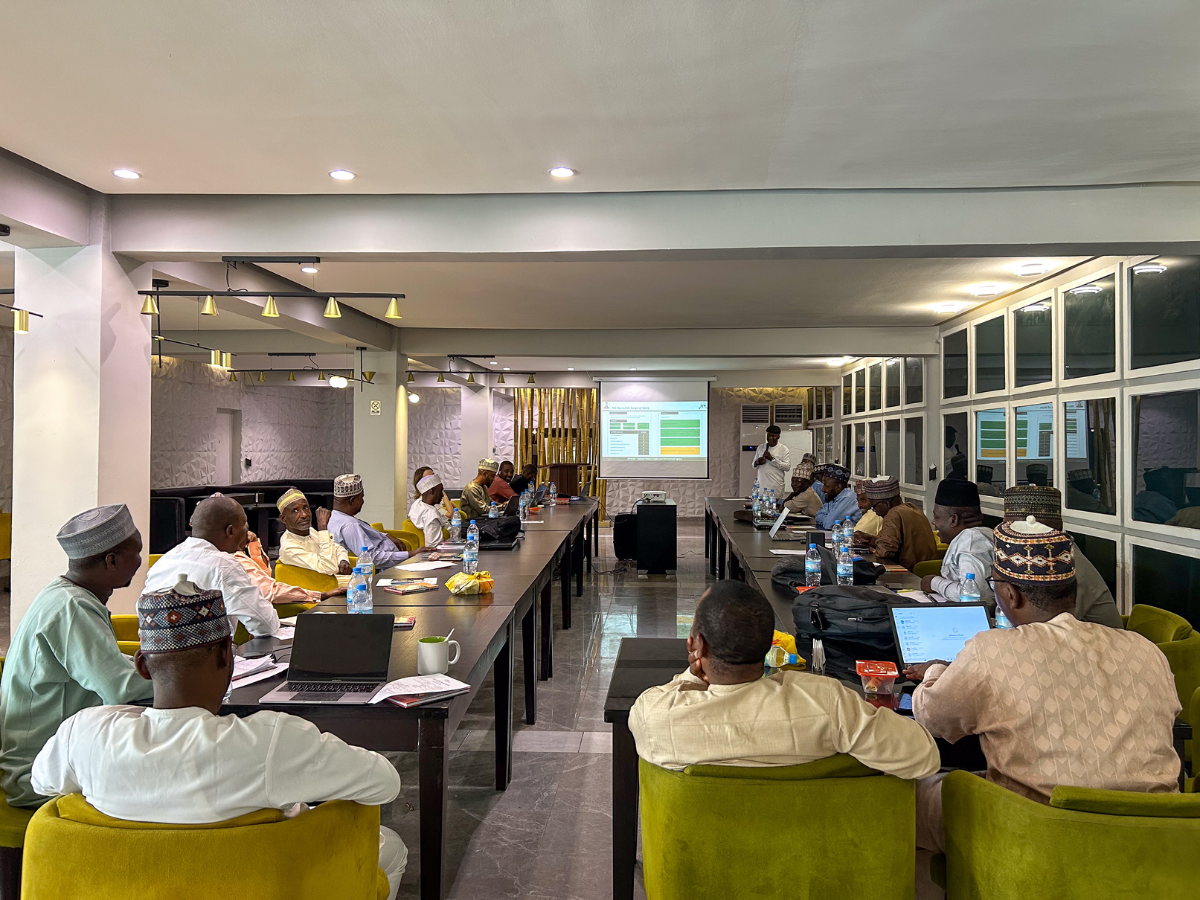
By hosting these meetings quarterly, New Incentives has created a platform where we can identify challenges and find collaborative solutions. It has helped ensure that vaccines are consistently available—not just at the health facility level, but also at the local government and state levels. These engagements have left a good impression on all of us and, more importantly, helped resolve persistent issues, especially stockouts of antigens.
What new insights have you gained from the meeting so far?
Pharm. Nafiu: One of the most valuable developments discussed during this roundtable was the integration of OpenLMIS (Logistics Management Information System) into our supply chain processes. Previously, our focus was mostly on stockouts and what New Incentives was doing in each state. But now we’re shifting toward using data more effectively.

The OpenLMIS is especially useful because it enables us to compare or triangulate the data reported from health facilities with the system’s records. This helps us verify whether the data is accurate. Real-time reporting is a game-changer. If the data in OpenLMIS is not correct or timely, it affects decision-making at every level—facility, LGA, and state. Accurate data is the foundation for effective supply chain management, and this tool brings us much closer to that goal.
How would you assess the impact of the All Babies program in Sokoto State?
Pharm. Nafiu: The impact has been significant. Sokoto is one of the states with low immunization coverage, and many people don’t bring their children to health facilities due to poverty or lack of awareness. But since the introduction of New Incentives-All Babies Are Equal, that has started to change.
The conditional cash transfers, which we call transport allowances, have made it easier for caregivers to come to facilities. That incentive alone has brought many of them closer to essential health services. But New Incentives didn’t stop there. They’ve also helped us directly with vaccine availability at the state level. Anytime we experience stockouts, they’re the ones who step in.
For example, when we had an issue with the transformer at the state cold store, New Incentives donated over ₦1 million to repair it. That kind of support goes beyond routine program activities. It shows real commitment, and we truly appreciate it.
As the program evolves, what recommendations do you have for improving our delivery?
Pharm. Nafiu: One major area that needs attention is data quality. The data we receive from health facilities forms the basis for our decisions. If that data is flawed, our planning and resource allocation will also be flawed. So, I recommend that New Incentives invest even more in strengthening data processes, so that we have accurate data collection at the facility level, proper use of data tools, and alignment with the national HMIS system.
I also believe New Incentives can help at the national level by supporting vaccine distribution logistics. Many times, when there are stockouts at the state level, it’s not because vaccines aren’t available nationally—it’s due to funding gaps in transporting them. If New Incentives is involved in moving vaccines from the national store to the state level, I believe we could avoid many of the stockouts we currently experience. Once there’s a consistent supply at the state level, it will naturally trickle down to LGAs and health facilities.
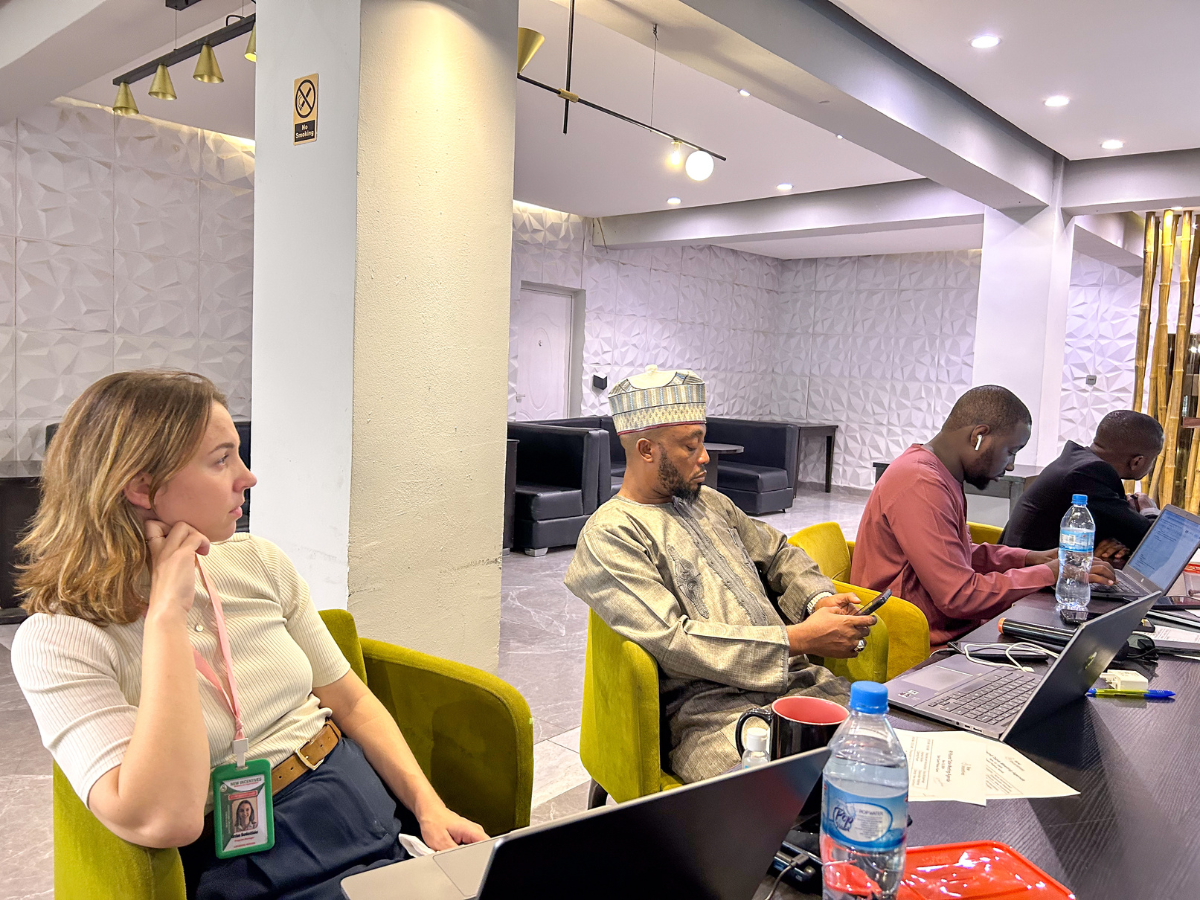
Would you like to add anything else?
Pharm. Nafiu: Yes. I’d like to suggest extending the duration of this kind of training to at least three days. That way, we can have more time to deeply analyze data from the field, explore new tools like OpenLMIS, and have more interactive sessions. This will improve our understanding of the supply chain and the program as a whole.
Additionally, I would like to emphasise the importance of effective communication and public engagement. I came across a Facebook post recently where a woman questioned the cash incentives New Incentives provides. A staff member from your team responded to her in such a thoughtful and professional way. He explained the immunization schedule, the benefits, and clarified that the money is a transport allowance, not a bribe. The woman appreciated the explanation. That’s the kind of engagement we need. People are online. Social media is a powerful tool for education, and I believe New Incentives can use it even more effectively to raise awareness and build trust.
.svg)
.svg)
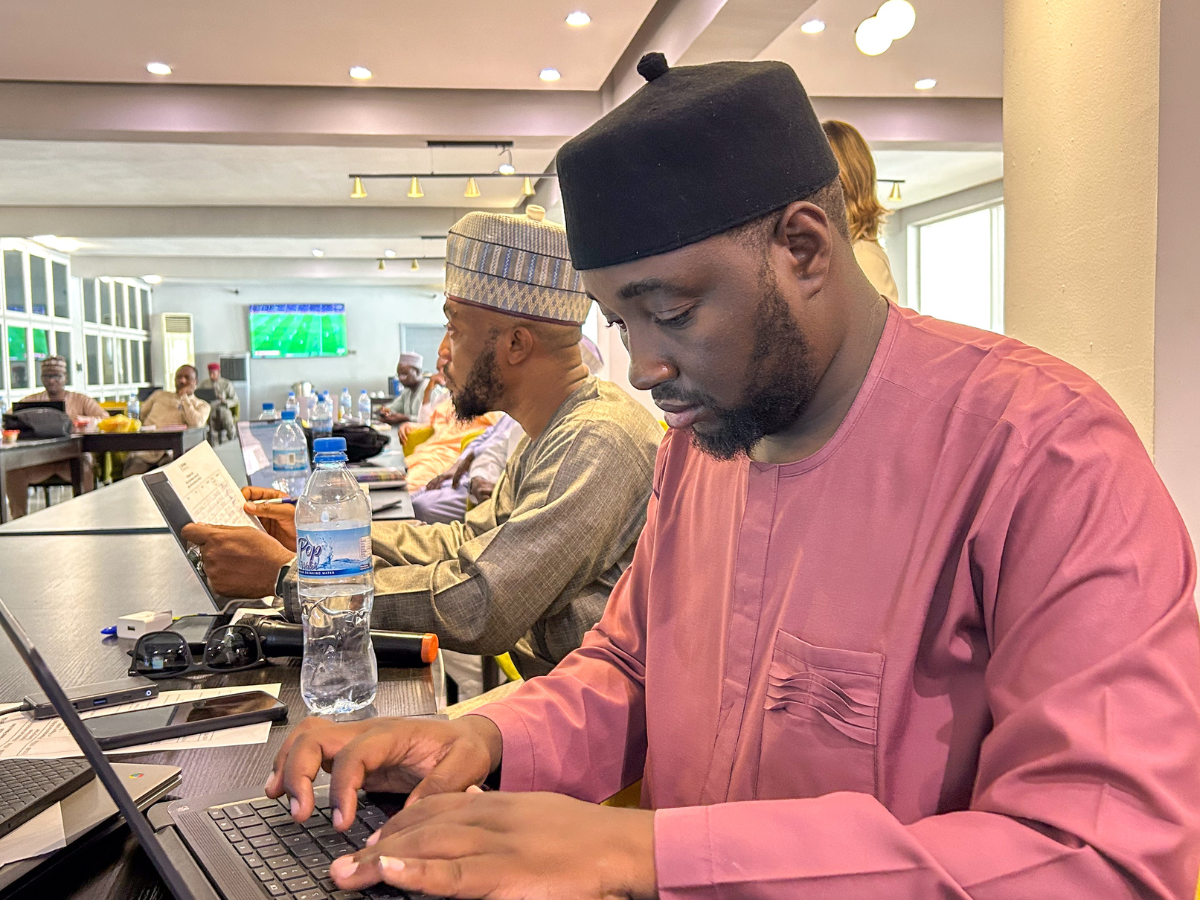
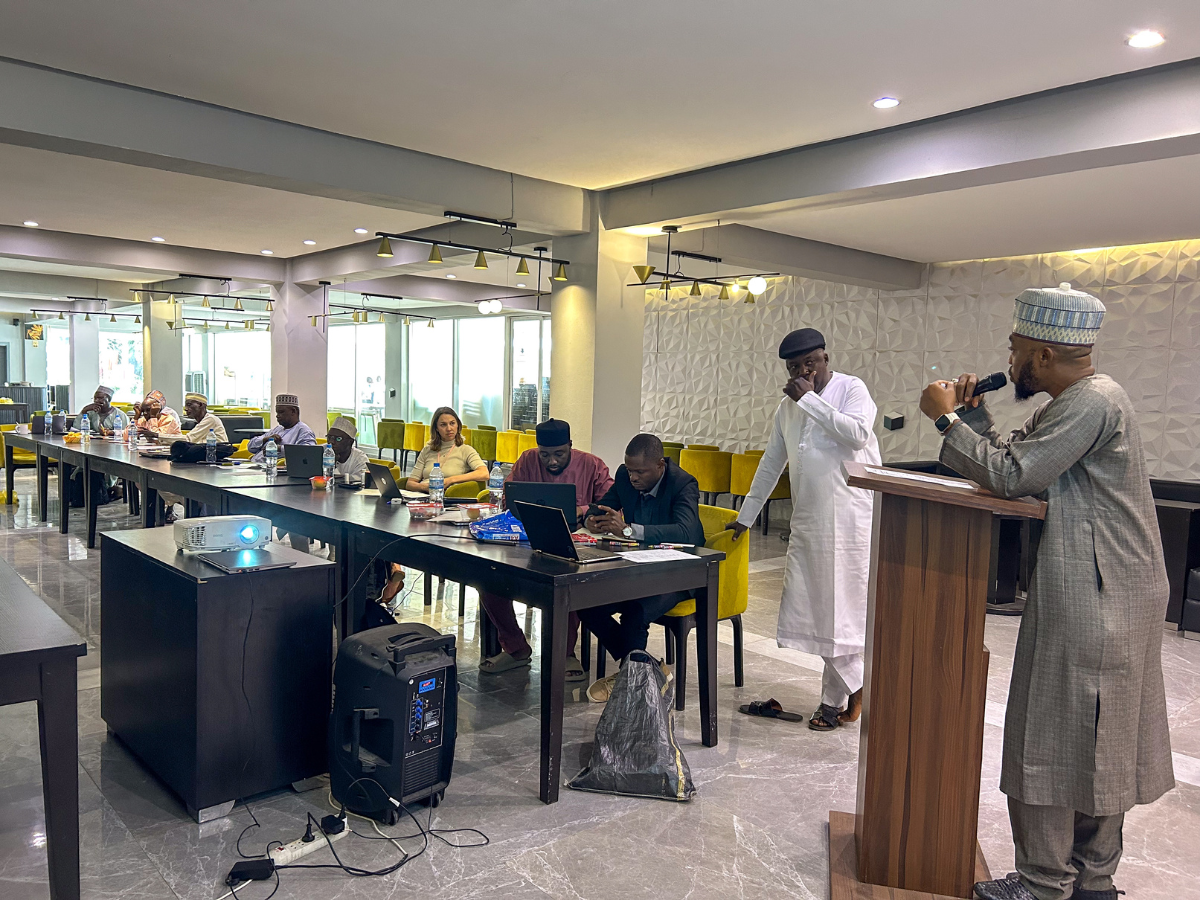
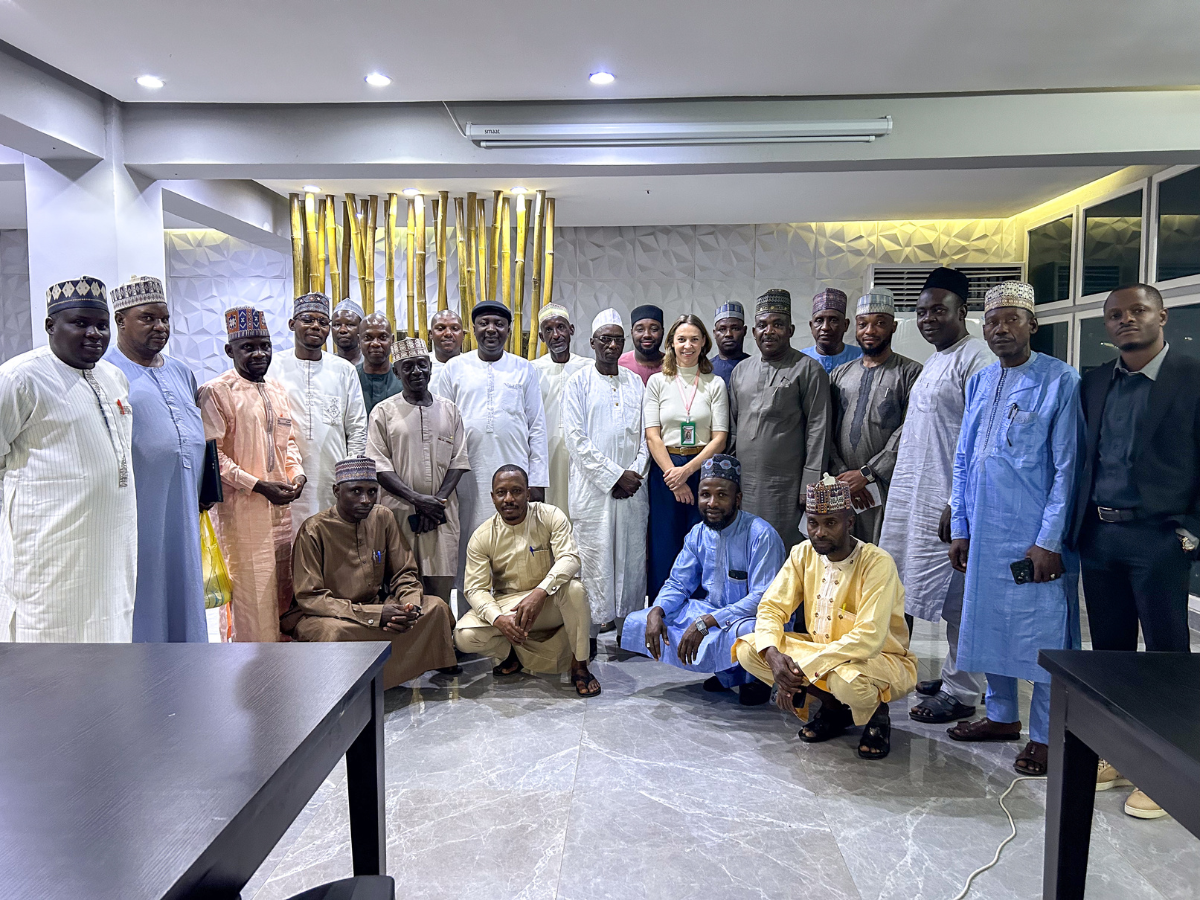
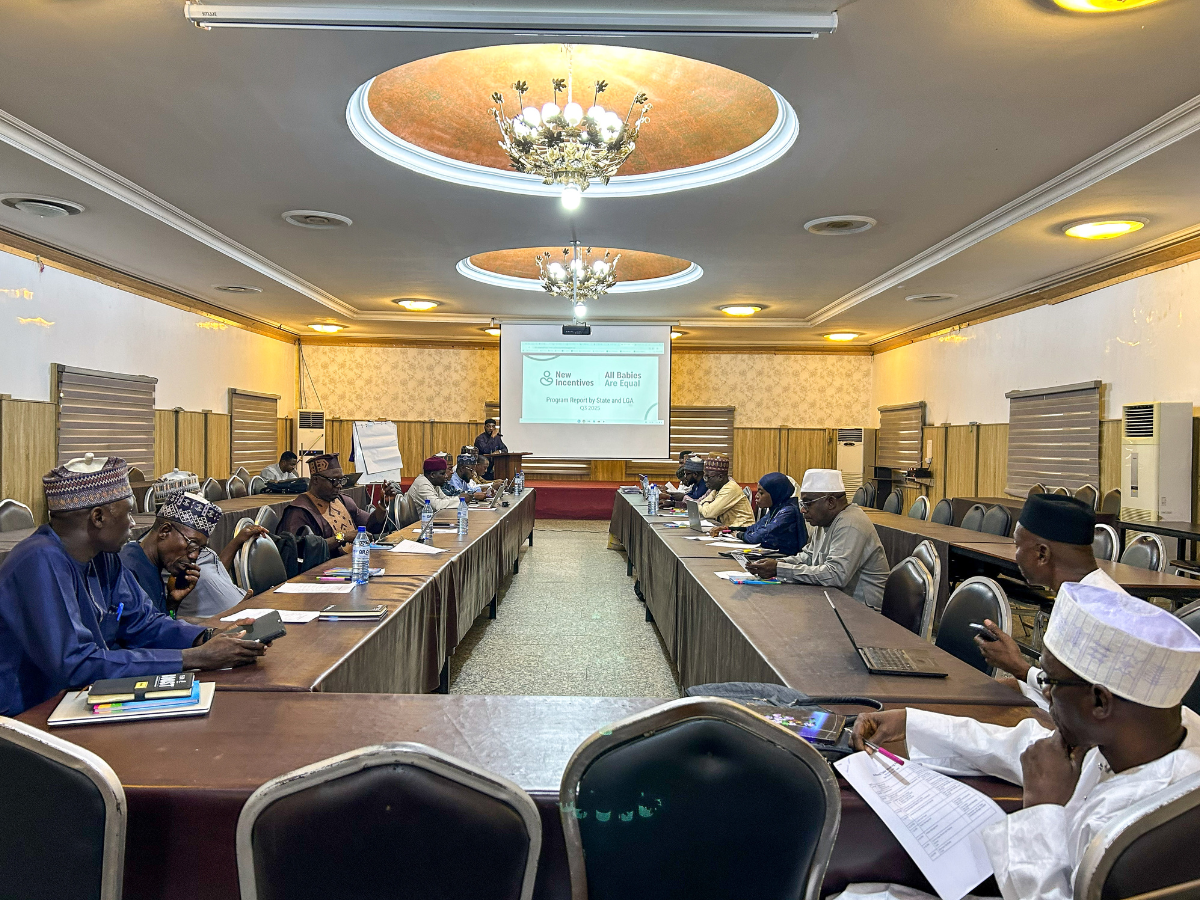
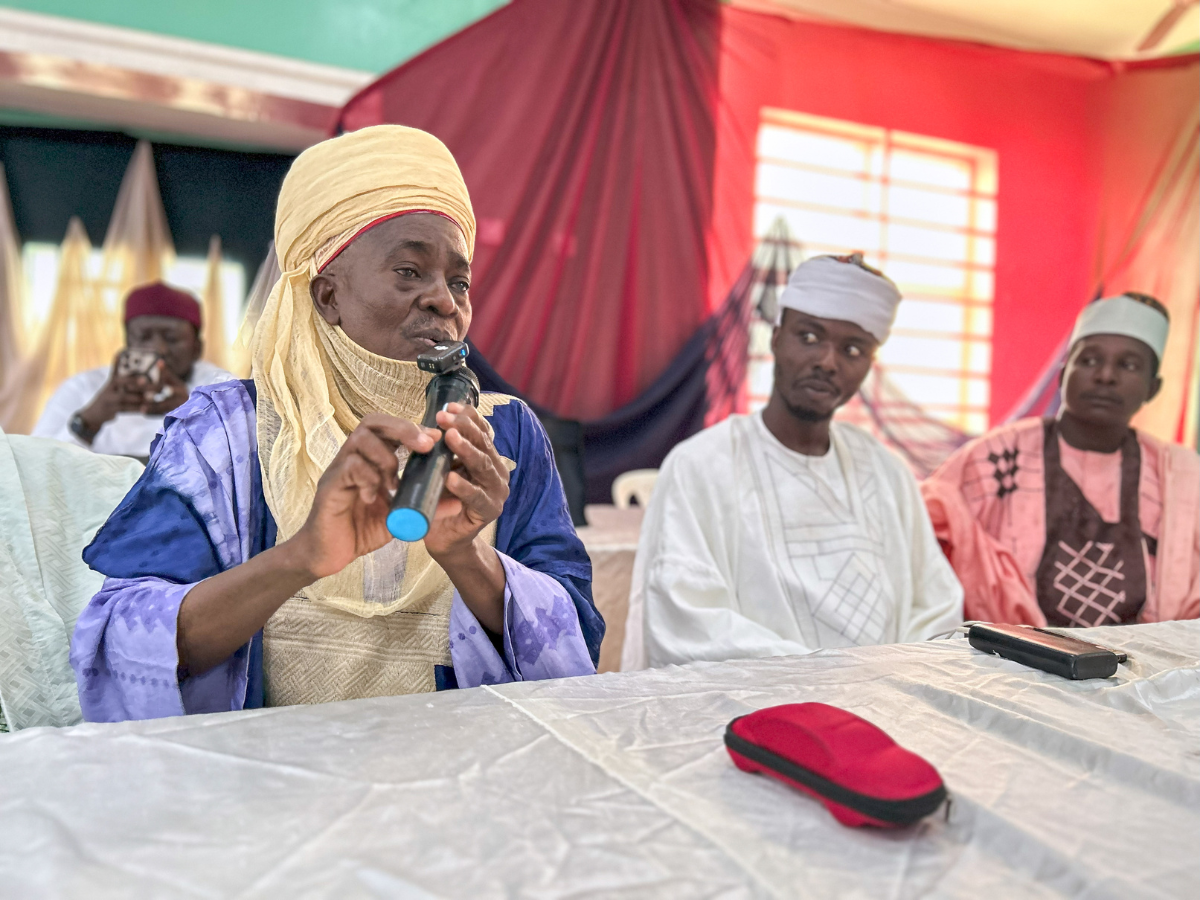
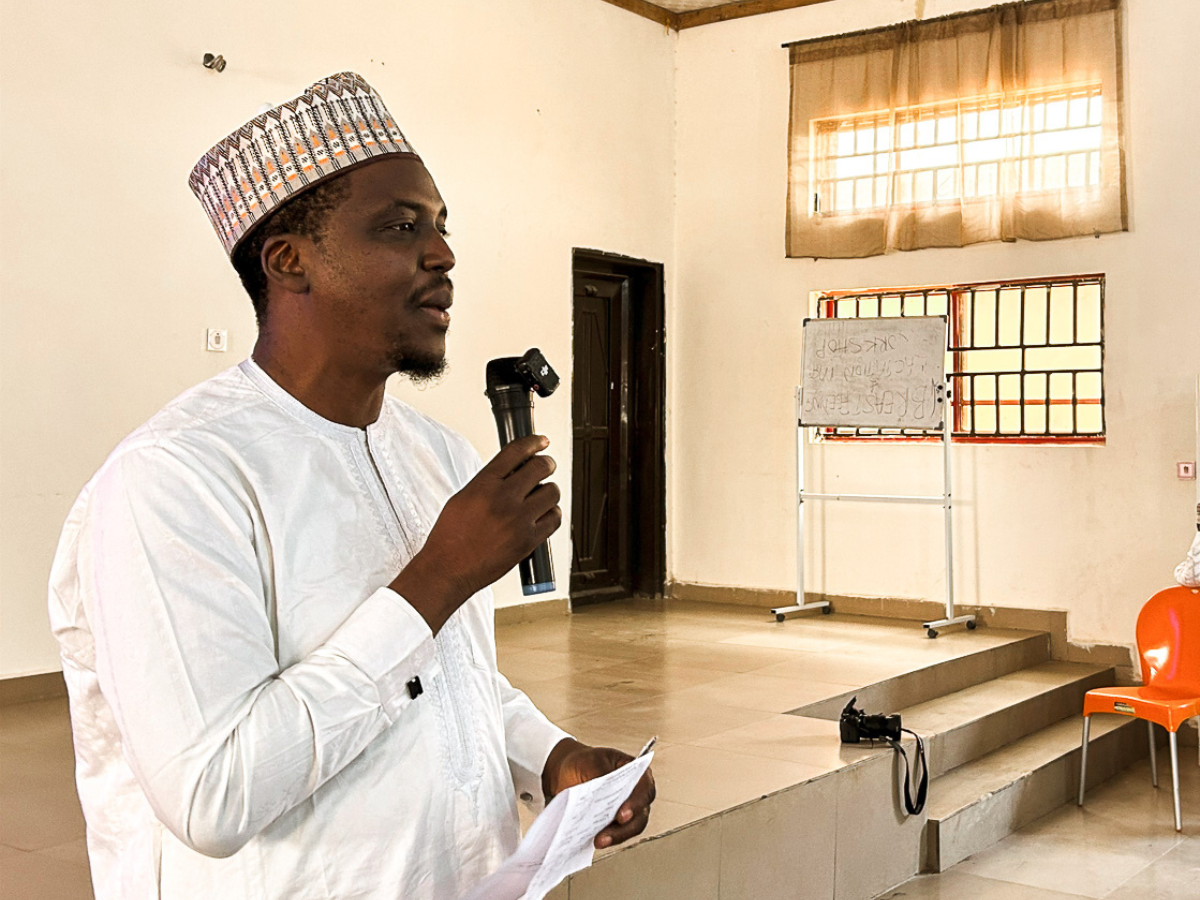




.png)